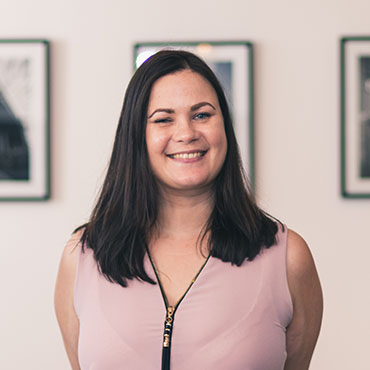Sometimes I wonder if people who give out health advice that you didn’t ask for understand that there is a difference between looking for answers proactively and people assuming that they have THE answer and unleashing it on you for “your own good”. I see across the chronic illness community far too often how uncomfortable it makes patients feel when well-meaning people start instructing them on what they need to do to solve their health issues when they haven’t been asked for any help. It is frustrating because mostly we don’t want to be rude by just blurting out “mind your own business”, and yet we also shouldn’t be made to feel like we have to explain to someone why that doesn’t work for us or that we are already incorporating it into our regime, but we still aren’t “cured”.
Now I write a lot about the various symptoms of my brain injury and will invite readers to tell me how they cope, and they respond with the details of what works for them. This is helpful because they are answering a direct question, and other people who are looking for ideas in that area may want to try their methods. So, I just want to clarify that this is very much wanted, solicited advice.
However, people do want to help, so I get told to do things even when I haven’t invited any suggestions. CBD oil, yoga, bone broth, hypnosis… I’ve been instructed to try them all and so many others. Believe me, I think I’ve heard it all. Whilst it’s tiring to hear yet another person roll out their “miracle cure”, it’s sweet that they are attempting to help in their own way. If, like me, you don’t want to hurt these people when they believe they are doing something nice, here are my tips on how to deal with the situation:
Unsolicited advice via social media: Be polite, but don’t address the content of their suggestion.
I know it’s tempting, but if you start explaining why their method doesn’t solve your issue, you are just inviting them to continue the discussion. They might feel you need more convincing and keep returning with more details to change your mind. This can just make you even more frustrated and drain your precious energy. I find the best response is a simple, “Thanks for thinking of me.” That way, they feel you saw they had good intentions and yet you haven’t had to show if you endorse the suggestion or not. They are satisfied that they have been heard and done their bit to help you, so they don’t need to continue to go on about it.
Face-to-face unsolicited advice from friends and family: Be honest about how you feel.
Often friends and family will keep giving you suggestions because they care about you. They want to see you get better and they may feel it’s the only way they know how to acknowledge your situation and show their compassion. However, if you make it clear that you don’t need them to keep jumping in with their solutions, they’ll probably be relieved. By saying something like, “I appreciate that you’re trying to help, but I don’t want to spend our time together just talking about my health.” Those who care about us can feel obliged to be doing something to help us, but this answer tells them that they don’t need to do it anymore. We just want to enjoy them for who they are.
Accept that some people will always hand out unsolicited advice, and you can’t change them.
This piece can go for many people in every situation. It’s about accepting that some people will always behave in a manner that might not be how we want them to, no matter what we say or do. I recently had a friend to whom I said this, and she felt like it was saying that it’s OK to make her feel uncomfortable. Now, clearly, if it’s a form of abuse, you should not tolerate it. However, when it’s this kind of misguided help, there comes a point where we have to accept that although it’s not what we want, we just have to tolerate it and be OK with it.
As a brain injury survivor, I understand how dismissive and condescending it can feel when someone seems to be trying to heal THE most complicated, poorly understood organ in your body with their overly simplified solution. It used to make me so annoyed that a neurologist who has studied for many years can say, “Honestly, we just don’t know”, and yet there are thousands of sofa experts who are convinced a change in my diet will heal my brain injury.
However, I have decided not to let it rile me up anymore. It’s fine if those people feel more secure in the world believing everything is so straightforward that their one-dimensional solutions can make everything right. I just don’t have to spend my energy trying to convince them otherwise.

Michelle Munt








Leave a comment: